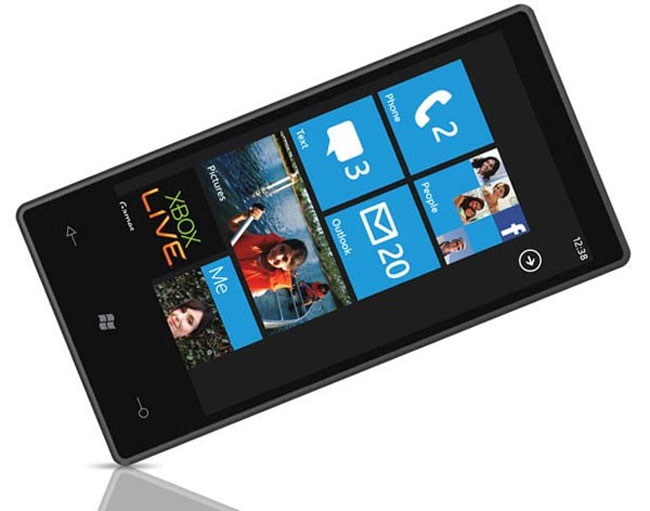 NEWS
NEWS
 NEWS
NEWS
 NEWS
NEWS
![]() Google has been attacked yet again over its alleged anti-competitive practices, this time by a leading Microsoft executive who accuses the search giant of trying to impede the development of Windows Phone.
Google has been attacked yet again over its alleged anti-competitive practices, this time by a leading Microsoft executive who accuses the search giant of trying to impede the development of Windows Phone.
In his blog post yesterday, Microsoft’s Vice President & Deputy General Counsel Dave Heiner argues that Google’s stance is not just hurting Microsoft, but is also harming thousands of consumers and small businesses that “depend on a competitive search marketplace”.
Heiner’s accusations come at a time when Google is facing intense scrutiny over its anti-competitive practices, with investigations by both the FTC and the European Commission underway. These came about due to dozens of complaints from rival companies over Google’s search results, which all too often seem to be biased towards Google’s own products and services. In addition, Google has been accused of copying content from other sites without permission, and using its AdWord campaigns to help promote its own products – at the expense of competing firms.
While there’s no denying that Google’s actions are harming the competition, the search giant maintains that its practices do no harm whatsoever to consumers – something that Heiner strongly disagrees with. In his post, Heiner writes that complaints against Google are more than justified, and that consumers are also being “scroogled” as much as businesses.
“You might think that Google would be on its best behavior given it’s under the bright lights of regulatory scrutiny on two continents,” continues Heiner. “However, as we enter 2013, that is not the case.”
One example that Heinar points to is how Google continues to “dog” Microsoft over its ability to introduce a fully-functional YouTube app for Windows Phone by restricting its access to the site’s metadata:
“[I]n 2010 and again more recently, Google blocked Microsoft’s new Windows Phones from operating properly with YouTube. Google has enabled its own Android phones to access YouTube so that users can search for video categories, find favorites, see ratings, and so forth in the rich user interfaces offered by those phones. It’s done the same thing for the iPhones offered by Apple, which doesn’t offer a competing search service.”
“Unfortunately, Google has refused to allow Microsoft’s new Windows Phones to access this YouTube metadata in the same way that Android phones and iPhones do. As a result, Microsoft’s YouTube “app” on Windows Phones is basically just a browser displaying YouTube’s mobile Web site, without the rich functionality offered on competing phones. Microsoft is ready to release a high quality YouTube app for Windows Phone. We just need permission to access YouTube in the way that other phones already do, permission Google has refused to provide.”
Heinar goes on to accuse Google of deliberately acting in this way, saying that YouTube executives told him they were under orders “not to enable a first-class YouTube experience on Windows Phones”.
These are serious accusations by Heinar, but they are also just the tip of the iceberg compared to what the FTC and European Commission are currently investigating. It remains to be seen what the outcome of these investigations will be, but Heinar for one, seems confident that things will not go Google’s way.
“Hopefully, Google will wake up to a New Year with a resolution to change its ways and start to conform with the antitrust laws. If not, then 2013 hopefully will be the year when antitrust enforcers display the resolve that Google continues to lack.”
THANK YOU